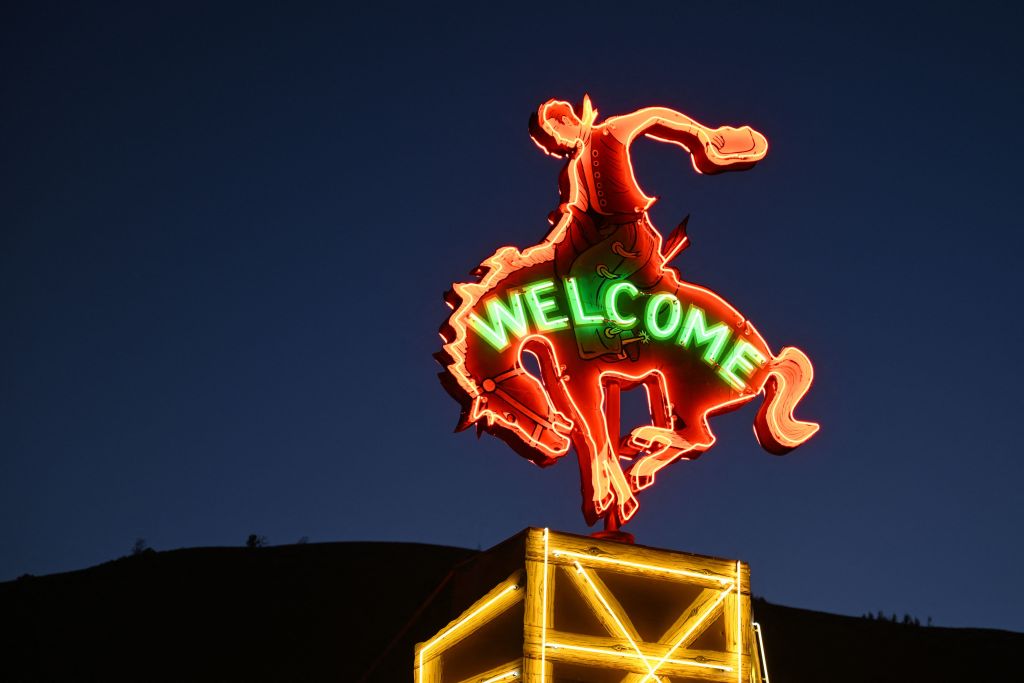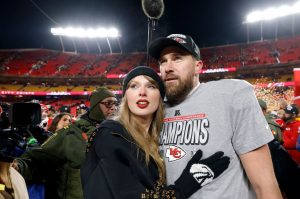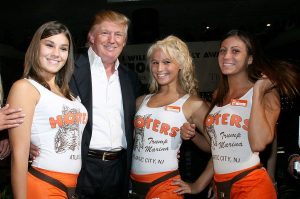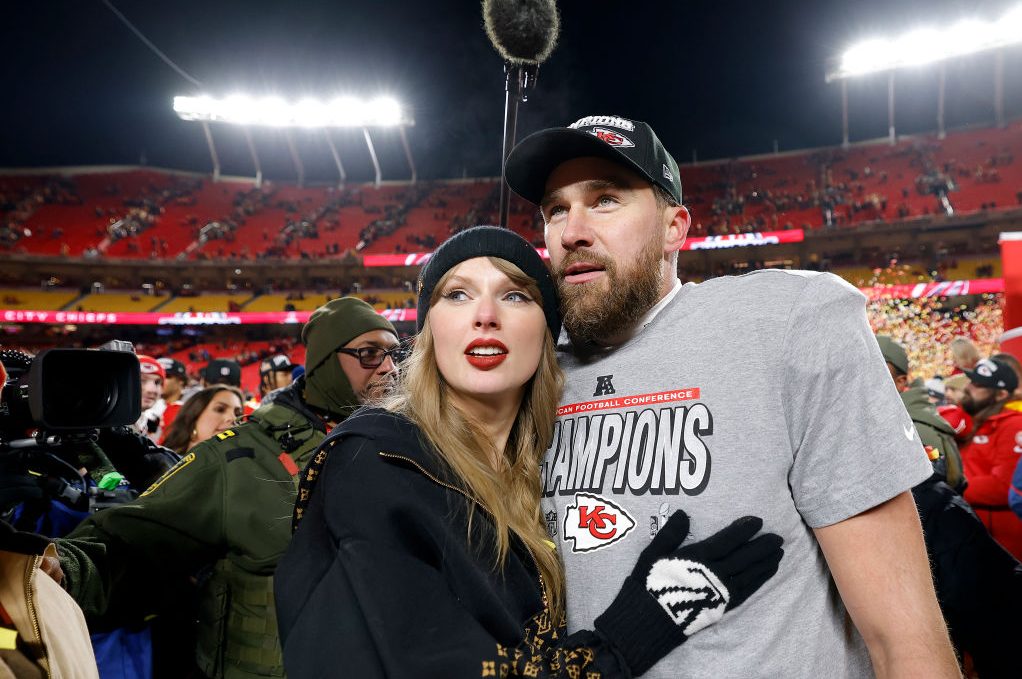Finally I found an authentic bite of Americana. Or so I thought. The rodeo. A blaze of bucks and broncos, boots and bulls, shining golden in the dusk of the Teton mountain range. Jackson, Wyoming, far away from the raging culture wars and as unapologetically American as a bald eagle’s middle finger. A proud, if out-of-tune, “Star Spangled Banner” stirred me enough that for a moment I forgot I was English. The crackle and hollering, the stirrups and steers. This was real, I believed. Weeding through an air-conditioned continent of screens, plastic and corporate advertisements, I had found her at last: America.
But then slipped the veneer. The rodeo barrelman — a ringmaster in clown maquillage — squawked at us down a dusty PA system. “Where are you from?… California, can I hear some noise?” Roar. “Is New York in the house?” Whoop. “Any Australians?” Aye. Indeed, the whole row behind me were fellow Englishmen. Was anyone local? Was this last vestige of old country now just a stage of plaid LARPers, Stetson-ed and booted, denim torn by design rather than by wear? I was at a cathedral of cosplay to the ancient deity of American patriotism. But I decided to suspend my disbelief. So long as it seemed authentic, what does it matter if it was not entirely so?
A month earlier I had been at Graceland, in Memphis, to see Robert F. Kennedy Jr. speak about free speech. Graceland is a shrine to the people’s king, the white boy who sold black music by the million. Elvis Presley’s house is now a memorial to the eternal aphorism: “You might have all the money in the world, but you can’t buy taste.” Kennedy, though I love him, is a reminder that you can say something with all the earnestness in the world, but it doesn’t mean it’s true. The 2024 Democratic presidential hopeful, sitting in front of Elvis’s 1969 Mercedes 600 six-door limousine, pronounced he’d been
the first person censored by the Biden administration in January 2021. A fact worn like a badge of honor. Twitter (now “X”), was the American public square, he argued, and users should be protected by the First Amendment. He cited the 1972 Supreme Court ruling in Lloyd Corp. v. Tanner, in which anti-Vietnam War protesters argued it was their legal right to distribute leaflets in the Lloyd Corp.’s shopping mall.
But Bobby Jr. made a crucial mistake. The Supreme Court ruled in favor of the shopping mall proprietors. It had been private land and the owners had no obligation to respect the protesters’ right to speech. This foundational error made little difference: RFK oozes generations of authenticity. The room nodded along in awe. This was a Kennedy after all. Authenticity, it turns out, is a feeling that cares little for facts.
;768:[300×250,336×280,320×100];0:[300×250,320×100,320×50]”]And authenticity comes in all shapes and sizes. Take Alice Cooper, for example. What exactly is real about Alice Cooper? Born Vincent Damon Furnier, the Godfather of Shock Rock has spent five decades hiding behind mascara and vaudevillian powder. Yet despite a lifetime’s dedication to makeup, Cooper was dropped by Vampyre Cosmetics recently. Why? Blaspheming against the powers-that-be with some basic biology. “A lot of times, I look at it this way, the logical way: If you have these genitals, you’re a boy. If you have those genitals, you’re a girl,” he told a bewildered music journalist. “I think that’s so confusing to a kid. It’s even confusing to a teenager. You’re still trying to find your identity, and yet here’s this thing going on, saying, ‘Yeah, but you can be anything you want. You can be a cat if you want to be.’ I mean, if you identify as a tree…” In the fine tradition of court jesters, what is real about Cooper is his word. And in a world of inauthenticity, speaking the truth, it turns out, is costly.
Meanwhile the gatekeepers of authenticity (publicists) are having what we in England call “a bit of a ’mare.” Multi-Grammy-winning R&B singer Ne-Yo issued a public apology for his comments concerning the extremities of the transgender movement. But turning the script on its head, he overrode his publicist’s statement and doubled down on what he had originally said. The authenticity of his straight to camera video exposed the vapidity of his publicists’ rent-a-script apology. Latin guitarist Carlos Santana also found himself in a spot of bother for discussing biological facts. And it seems his publicists also jumped the gun with a copy-and-paste apology. Santana quietly deleted it. Publicists, it seems, have taken it upon themselves to protect the media from their authentic clients, rather than protecting their clients from the unscrupulous media.
One public figure who knows the authenticity game all too well is former president Donald Trump. His authenticity lies not in his words, nor his consistency, nor his pursuit of truth. His authenticity is his shoot-from-the-hip, no-fucks-given, say it how he sees it attitude. It’s the authenticity of a Wild West outlaw, a Butch Cassidy, a Sundance Kid. And an authentic mugshot snapped at Atlanta’s Fulton County jail only makes his claims that the Democratic “Deep State” is out to get him seem all the more authentic. Well, at least to his base. Authenticity is a subtle thing. American authenticity, subtler still. I like the one I found in Wyoming, even if it was not entirely real.
This article was originally published in The Spectator’s October 2023 World edition.
;768:[300×250,336×280,320×100];0:[300×250,320×100,320×50]”]
























